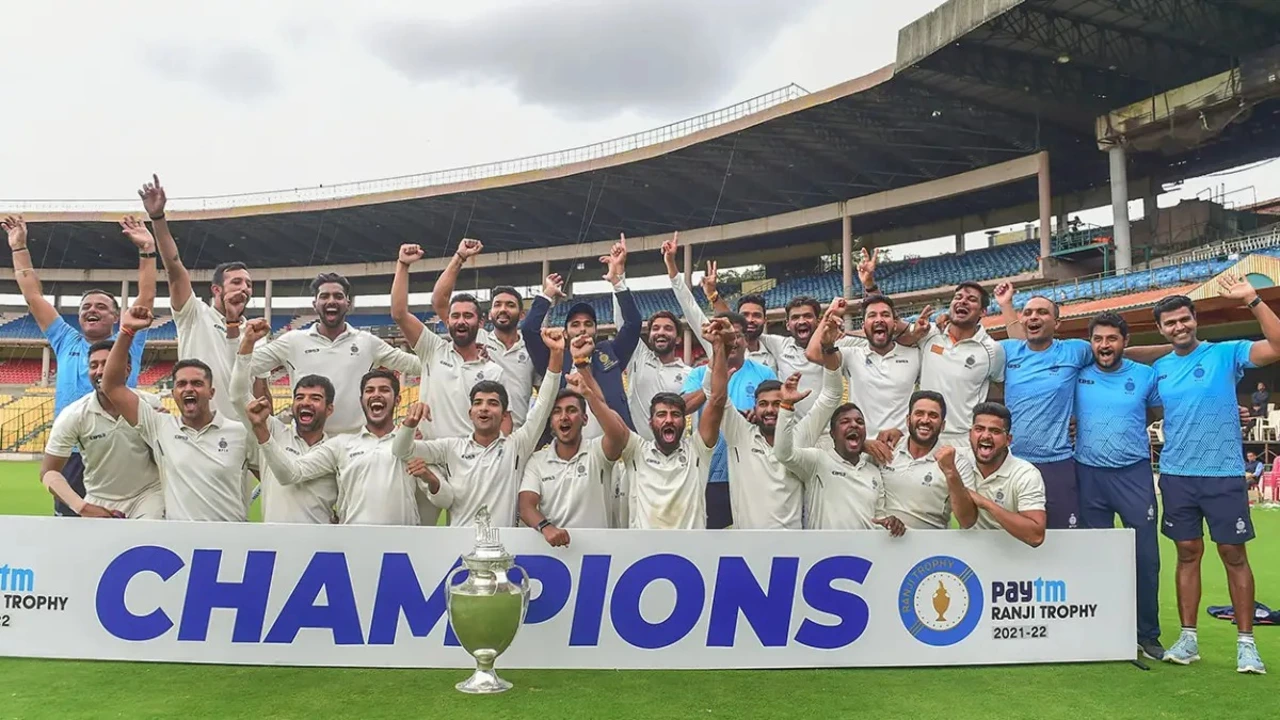Selection process: How to get noticed and picked
Most selections aren’t decided by raw talent alone. Coaches look for proof: consistent performance, fitness, attitude and the right paperwork. If you want to make a team — university, club, state or national — you need a plan that covers eligibility, preparation and small details that many players ignore.
How selection panels judge you
Panels usually score on a few clear things: skill, fitness, game sense, attitude and consistency. Skill is obvious — ball control, strokes, or shot accuracy depending on the sport. Fitness means you can keep going for the full game and recover fast. Game sense is how well you read situations and make smart choices under pressure. Attitude covers coachability, communication, and effort during drills. Consistency is what separates one-time performers from reliable players.
Different levels weigh these factors differently. University trials often favor match performance and availability, while state and national selectors expect higher fitness standards and tactical awareness. For All India University Games, you must be a current student at a recognized university and usually go through your university’s sports department or selection trials. Always confirm specific eligibility rules for the event you’re targeting.
Practical checklist before trials
1) Confirm eligibility: Check age limits, student status, registration deadlines and any residency rules. For university events, contact your college sports office early.
2) Gather documents: ID, student ID or enrollment proof, medical certificate, recent photos and any previous performance records or coach letters.
3) Prepare a highlights file: Short video clips of full-game moments or important skills help selectors who can’t watch every match. Keep it under 5 minutes and label clips clearly.
4) Train smart: Focus on sport-specific drills, endurance and recovery. Include match-simulation sessions so your timing stays sharp.
5) Plan trial day: Arrive early, warm up properly, bring water, spares and a small first-aid kit. Be ready to rotate positions if asked.
On the day, show up ready to work. Keep communication short and respectful with coaches. Ask one or two clear questions if given time — about expectations or next steps. If you don’t get selected, ask for feedback. Most coaches will tell you what to improve next season.
Common mistakes to avoid: missing paperwork, under-preparing fitness, showing poor attitude in drills, or relying only on past reputation. Selection is a current snapshot — what you do now matters more than what you did last year.
If you make it, use selection as a starting point, not the finish line. Work on weak spots, keep a training log, and maintain contact with coaches. If you don’t make it, use feedback, fix gaps, and try again. Selection is a repeatable process — learn from each trial and improve.
